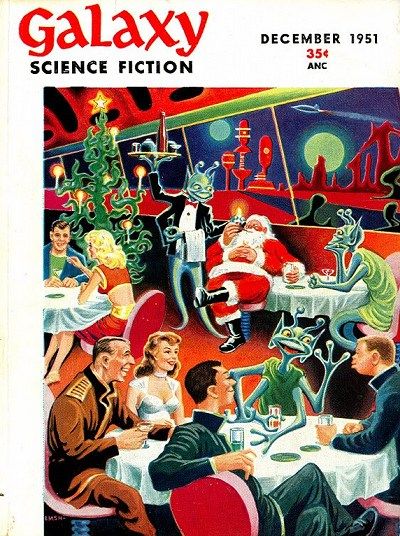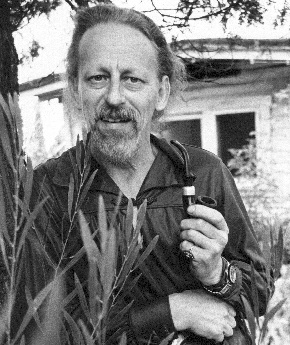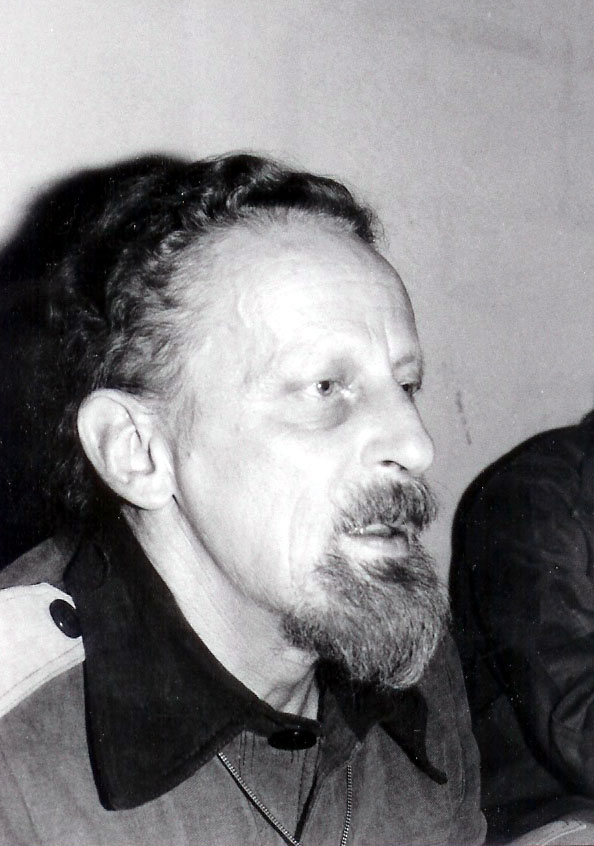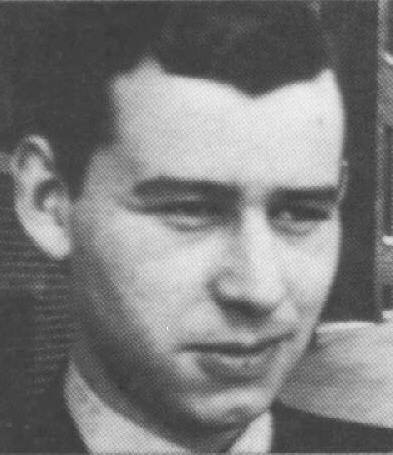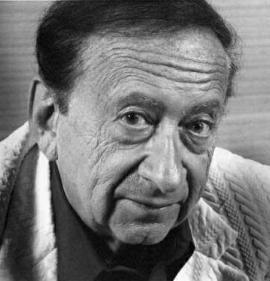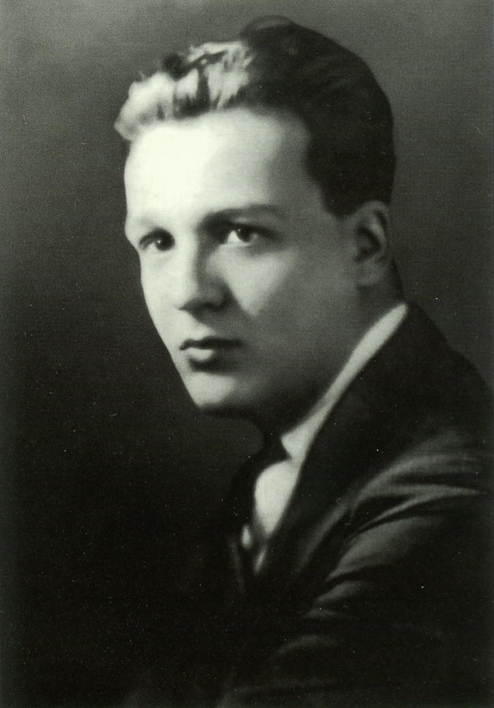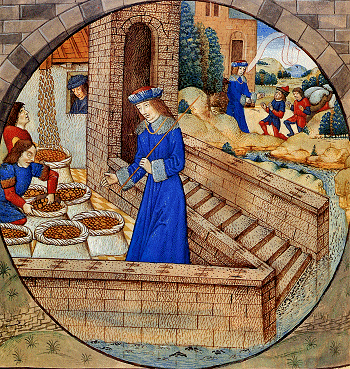Of course, the primary purpose of this blog is to highlight the power and enjoyability of short fiction, establishing how its literary effectiveness is on a par with the novel, which in today's creative output is fast eclipsing its sister form. This blog has also emphasized speculative and imaginative fiction over mainstream fiction, not because it does not recognize the validity of the latter, but to remedy a false perception. In America, that which gets defined as "genre" rather than "literary" is actually often as intellectually and morally stimulating as that which the establishment defines as "true literary art". This blog seeks to inspire an interest for good "genre" fiction among those who have been taught to ignore it or to have an uninformed prejudice against it. The problem with the definition of "genre" is that it implies limited scope, superficiality and childish artificiality. Yet there is bestselling, critically-vaunted mainstream fiction that exudes these very contemptible qualities beneath a veneer of gritty sophistication, and there is fiction pinned with the shining medal of "literary" which fails to come close to the profundity of insight found in much fiction branded with the admonitory scarlet phrase "genre".
Now it will also be noticed that much of the short fiction presented here dates from over half a century ago. Part of this emphasis is again an attempt to rectify another imbalance, because the media always tends to favor the more recent. Short fiction flourished at that time, and that was where many authors were making their most important artistic statements, even if later, when novels became more important, they might rework those original succinct literary statements into long fiction forms. Much short fiction written after novels became the preferred reading format merely served as a way for an author to make a stylistic splash for notoriety's sake, while he or she otherwise saved his or her best storytelling ideas for the novel (where the real money now was). This is not to say there were not good short stories written in later eras; it is only to say that before that, when periodical fiction was preferred by the consumer, there was relatively more good fiction to be found in the shorter format. In those days you could read a short story from a magazine you bought at a drugstore, and find yourself looking out the window afterward, sighing with wonder, while you appreciated how the author had given you a new wrinkle in your philosophical outlook on life.
So having established these "underdog" justifications, I will now seek to address frequently voiced prejudices heard today on the internet against "older fiction", and show (again from an underdog perspective) why fiction from the peak era of twentieth century culture (or even of the nineteenth century) is still a worthwhile, enjoyable and even essential source of reading for the twenty-first century reader. The most frequent complaints I run across are: "naive", "idealistic", "simplistic", or even "quaint". What I have seen these criticisms applied to makes me wonder if the reader understands English. And then I consider what must be their normal diet of reading: what dominates contemporary fiction and graphic novels? Today, it doesn't matter if we're talking about literary, mainstream, comic books, or contemporary science fiction, mysteries, horror and fantasy, much of it has now fully embraced the flagrant culture of unashamed cynicism. Sexuality is all about maneuvers of power not love or tender affection. The quest is all about power not understanding. Violence is celebrated with artfully sadistic descriptions. Unsolvable dysfunctionality among the characters is proffered as an acceptable norm. Relationships are about relative advantage for selfish purposes. The heroes and the villains are indistinguishable, and their is no narrative voice decrying this. Women and men may be portrayed as equals in a technical sense, but women suffer awful violence and the men do not seem to have much more compassion than a "tough luck, babe" attitude, and no one troubles themselves overmuch in remedying the source of the problem except to enact revenge. In fact male characters suffer violence too and accept it like rain falling on their head. Violence always trumps any niceties of enlightened understanding or opportunity for higher purpose. The protagonists fight for what they want within the bounds of evil rules which are accepted as though they are laws of nature. As far as story-lines go, there are often chaotic shifts in point of view, gratuitous scenes that serve no purpose, hacked up plot-lines, and some form of violence is always the solution to the problem. No effort is made to rise above the traumatized psyche, but only to laughingly (if bitterly) accept such fractured states of being as supporting the sort of advantageously-damaged mind necessary to negotiate a world where everyone is out for themselves and conscience and scruples are for the losers. This, my friends, is the fiction of a doomed culture.
So if you want an alternative to stewing in the sickness of the moment, and realize you have a healthy respect for hope, conscience, expanding understanding, moral enlightenment and developing a higher consciousness of the miracle that is our cosmos, keep reading this blog to discover writers and writings that support this attitude of being. We have not degenerated as human beings, only that which is proffered as cutting edge literature has. Let us read again those who wrote about tackling the riddles and the problems of our existence and sought liberating truth and growth of compassion. What distinguishes these authors is their desire not to accept bland justifications for or explanations of things as they are (or to blindly accept the version of reality the cultural media encourages us to accept), but to question the validity of any permutation in our existence which seems to raise questions of moral consciousness, especially if we are expected to take it for granted. You will find that the best of these authors accomplish this through psychological subtlety, mutually broadening perspectives between interacting characters, courageous and skillful imagination, and some even employ a knowing humor that challenges the sturdiness of any new perspective adapted in the story. These authors are not moralizers. They are searching for answers that are not easy to obtain and sometimes have unpleasant or humbling implications. They do not make claims for the truth but they seek to find its direction. They do not preach, but their stories entice the engaged mind of the reader to include itself on the philosophical quests on which they drive their characters.
Monday, January 10, 2011
Subscribe to:
Comments (Atom)
